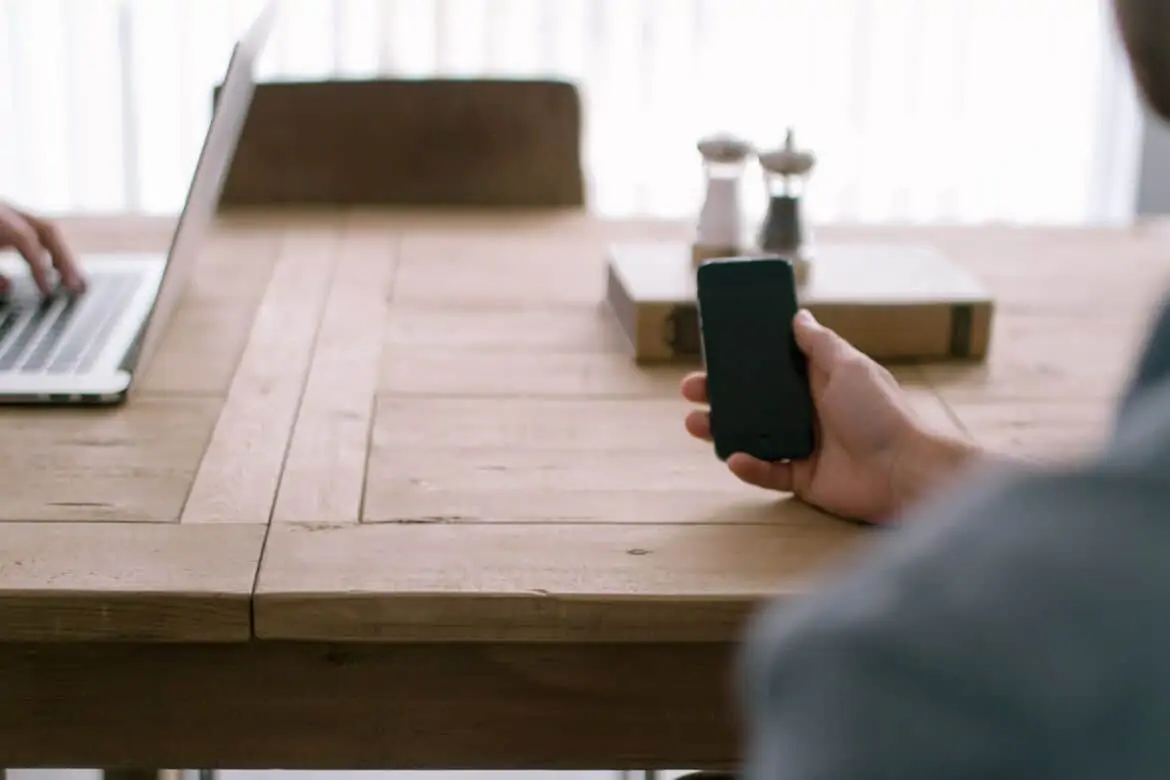Like electricity, water and heat, WiFi has become the 4th utility in homes across the United States. This prevalence is evident simply by attempting to log onto your WiFi network and sorting thru your neighbor’s networks. We use these networks for working, streaming, gaming, searching, surfing and social media. Unfortunately, when they’re set up incorrectly this can lead to slow internet speeds, poor connections and buffering. Here are four most common mistakes made during WiFi home network setup.
Home Network Setup: 4 Most Common Mistakes
Placing Your Router in a Dead Zone
Believe it or not but there are right and wrong places to set a router. The wrong way can leave you with dead zones, longer page load times and too much buffering. Metal, brick walls, concrete, and certain appliances can also impact your WiFi signal. Even the choice to place your router on the ground, on a shelf or a wall will impact your signal and speed. One of the easiest ways to see exactly what you’re getting is by checking your speed with an online connection speed test. Then you can try these DIY 10 proven ways to increase your internet speed, including choosing the best wi-fi channel (it’s a setting on your router!) to use in your area.
Failing To Set Up Parental Controls
Many routers today come with additional parental control features giving parents ways to monitor, limit and control their children’s access to WiFi and the internet. These features include blocking harmful websites, setting time limits, and controlling data usage. It’s also a step in the right direction in keeping your kids safe from cyber bullies.
Failing to Prioritize Devices on Your Network
In an age where more people are cutting the cord and streaming their television services this becomes increasingly important. Assigning MAC priorities allows you to rank the devices in your home. You can assign a higher priority to items used for streaming. For example, if you use an Apple TV of Xbox One to stream movies and TV shows from Netflix, Hulu or Amazon, you’ll want to make sure those devices have priority over other devices in your home.
Failing To Add a Password or Encryption Key
Adding some kind of password to your network is a way to immediately discourage probably 99 percent of the people who could jack into your WiFi connection remotely, and it really is just about the easiest thing ever to do to protect yourself. Adding a secure password to the WiFi is an approach to quickly prevent anyone from easily connecting to it. With most wireless networks, this can be done by logging into the router and then adjusting the password accordingly.

I am lucky we didn’t have any dead spots and our WiFi works every where we need it. I am afraid of hackers so I will have to keep everything safe.
I’m so glad you mentioned Password or Encryption Key! That is always the very first thing I set on a new home network! They are so easy to do and there’s no reason not to!
The first time we had our wifi router, I had to call in a technician to install it for us. I don’t know anything about that stuff! Good thing the technician is a family friend who taught us the works. Now my husband is an “expert” at this stuff. :)
This is super helpful. I am currently setting up wifi in my office!
I am horrible at setting up the wifi, so I leave it all to my husband. These are really great tips to follow though, should I find myself having to set one up myself anytime soon.